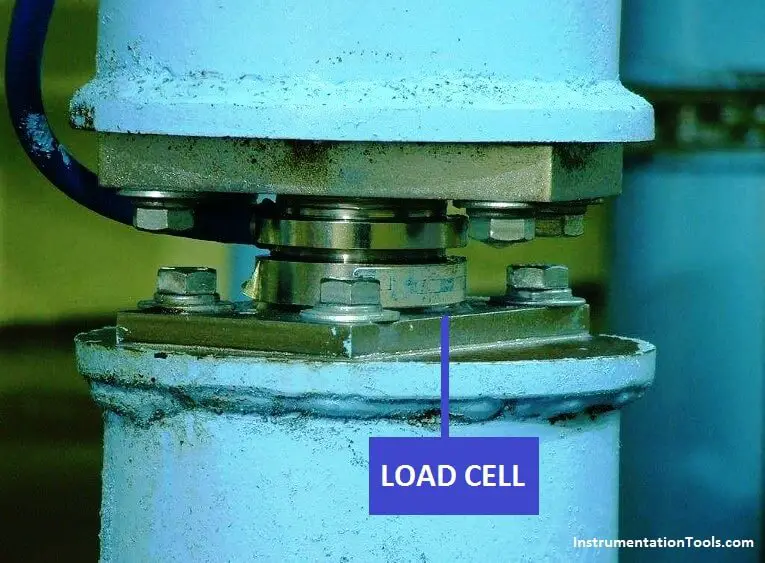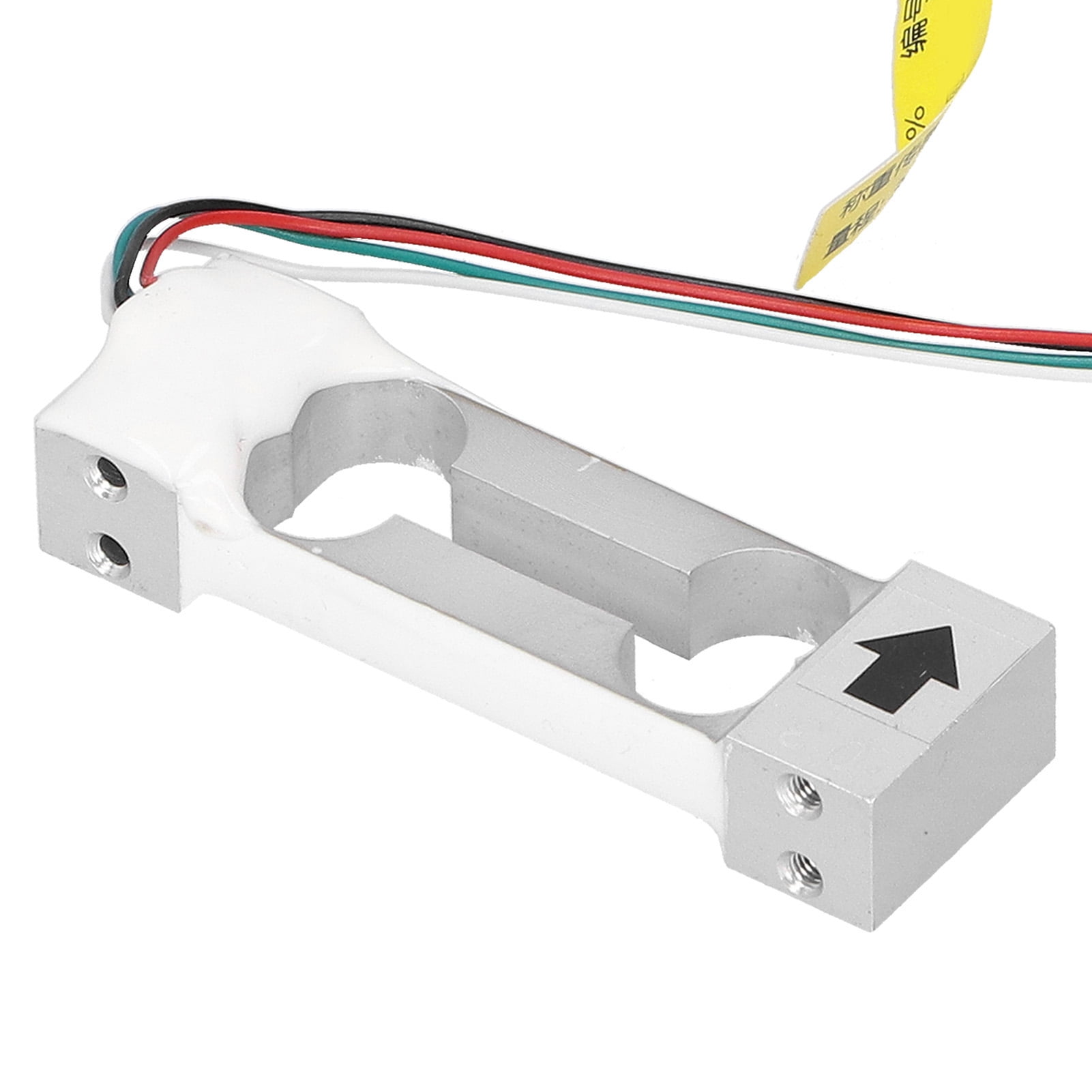based Level Measurement Principle Circuit Diagram Load cells can use a number of different technologies. Hydraulic load cells use an oil filled compartment. As weight is applied, the pressure of the oil changes. By measuring this pressure, the amount of the weight can be determined. Vibrating wire load cells apply the load to a wire. The frequency of vibration is related to the load. 2. When there is a high-voltage power supply near a load cell and its cables, keep a distance of more than 300 mm, arrange other piping, and protect the load cell from the inductive interference. Shielded cables should be used for load cells. 3. Consider using junction boxes between load cells and indicators for maintenance such as checkups

To measure the weight, the subject is placed on a load application point of a load cell. The resulting force generated from the weight is transmitted to the strain gauge placed in the configuration of a Wheatstone bridge. This force deforms the strain gauge changing its electrical resistance which is picked up by the Wheatstone bridge. How Do Load Cells Work? Here's a step-by-step guide to how a load cell works: Securing the Load Cell: One end is usually secured to a frame or base, while the other end is free to attach the weight or weight-bearing element.; Applying Force: When force is applied to the body of the load cell, it flexes slightly under the strain.This is similar to what happens to a fishing rod when a fisherman When to Use a Load Cell A load cell measures mechanical force, mainly the weight of objects. Today, almost all electronic weighing scales use load cells because of the accuracy with which they can measure weight. Load cells find their application in a variety of fields that demand accuracy and precision.

What are Load Cells and How Do They Work? Circuit Diagram
Test Installation: After mounting, test the setup to confirm it is working correctly before full-scale use. Calibration of Load Cells. Calibration is a critical step in ensuring that your load cell provides accurate weight measurements. Calibration involves applying known weights to the load cell and adjusting the output to match these weights.

Designed to be a highly accurate device, load cells can be used to measure compression, tension, shear forces or bending. AGY-1 5-200KLB IP67/IP68 COMPRESSION LOAD CELLS How To Use Load Cell In Measuring Weight? Load cells are available in different configurations and standards, depending on the intended application and environment.

How To Use Load Cells For Weight Measurement Circuit Diagram
Bending Beam Load Cell Application Canister style load cells. Also known as a "canister load cell," a compression load cell is the most fundamental type of load cell. It is used primarily as an industrial scale to measure the weight of a load that is placed on it. It gets its name from its canister-like shape. The precision of these measurements makes load cells invaluable in industrial applications. Key Components of Load Cell Systems: Strain Gauge: Measures the deformation caused by weight. Amplifier: Boosts the electrical signal for accurate reading. Data Output Device: Displays the calculated weight. Applications of Load Cell Sensors

Setting up and installing a load cell correctly is key to accurate weight measurements in industrial applications. Whether you're working with silos, tanks, or complex weighing systems, proper load cell setup can mean the difference between good data and costly measurement errors. Let's get into everything you need to know about load cell installation and […]
